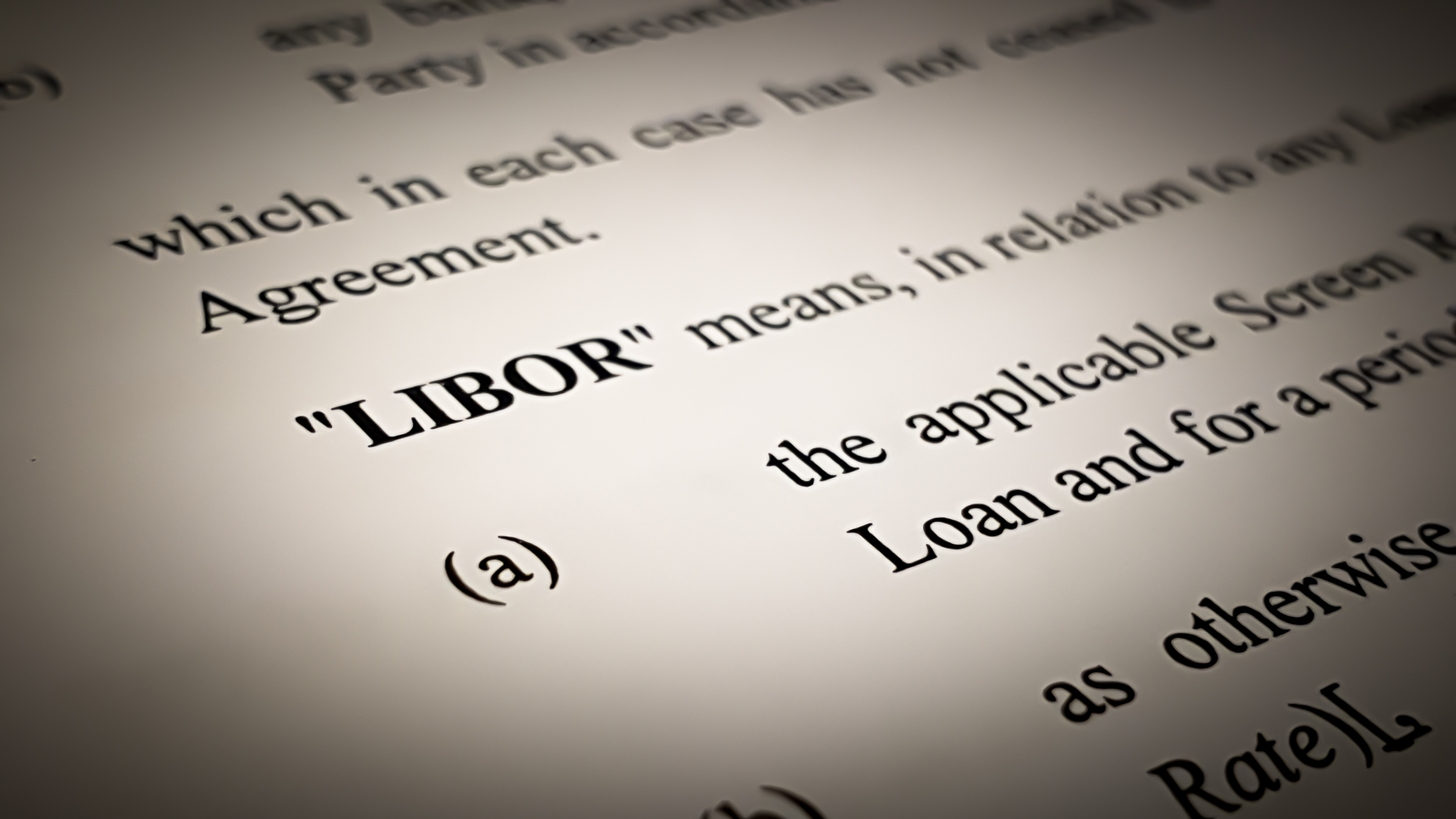
In a strident judgment that expresses “concerns about the effectiveness of the criminal appeal system in England and Wales in confronting legal error”, the UK Supreme Court has unanimously allowed appeals by Tom Hayes and Carlo Palombo, quashing their criminal convictions for conspiracy to defraud in relation to historic allegations of LIBOR and EURIBOR manipulation.
Key Takeaways: LIBOR and EURIBOR are now defunct benchmarks, and at least in England, the wave of litigation, both civil and criminal, that arose out of the revelations, commencing in 2012, that submitters at panel banks had been routinely manipulating LIBOR for commercial and reputational reasons, has all but concluded. The decision is nevertheless a salutary reminder that, in both criminal and in civil proceedings: (i) whether an individual has acted honestly in engaging in a particular course of conduct will depend on their actual state of mind; and (ii) the issue of what their actual state of mind was when engaging in the conduct is a question of fact, and not a question of law.
Background
Tom Hayes was convicted in 2015 for conspiracy to defraud arising from the alleged manipulation of Japanese Yen LIBOR. He was originally sentenced to a term of 14 years imprisonment, which was subsequently reduced on appeal to 11 years. Carlo Palombo was convicted in 2019 for conspiracy to defraud arising from the alleged manipulation of EURIBOR, and was sentenced to a term of 4 years' imprisonment. In 2023, both cases were referred to the Court of Appeal by the Criminal Cases Review Commission following the decision of the US Court of Appeals in United States v Connolly and Black (2022). The Court of Appeal dismissed those appeals (see [2024] EWCA Crim 304), but the Supreme Court granted permission to appeal from the Court of Appeal's decision.
The Decision
In each of the cases on appeal, the Supreme Court found that the trial judges had fundamentally misdirected the juries. In Hayes' case, the judge directed that if a LIBOR submission was influenced by trading advantage, it could not "as a matter of law" be genuine or honest. Similar misdirections occurred in Palombo's case regarding EURIBOR submissions.
More specifically:
- In both cases, the prosecution alleged that the defendant had dishonestly agreed with others to procure or make submissions of rates for use in setting LIBOR or EURIBOR that were false and misleading because they were intended to create a trading advantage, and therefore failed to comply with the benchmarks' definitions.
- However, the LIBOR and EURIBOR definitions required submitters to make subjective assessments of various data sources. Submissions were therefore a matter of opinion, because submitters could select figures to submit from within a range of borrowing rates that could all be regarded as legitimate.
- As matters of opinion, submissions could only be false and misleading, and thus indicate dishonesty, if they did not represent the submitter's actual opinion of the relevant borrowing rate.
- The submitter's actual opinion of the relevant borrowing rate was a question of fact that, in these (criminal) cases, was a matter for the jury to decide.
- The judges in each case nevertheless instructed the juries that because the defendants had asked submitters to put forward rates that would benefit their trading activities, they could (by definition) not be genuine or honest assessments of the bank's borrowing rates, and were therefore false and misleading as a matter of law.
- It was wrong for the judges to have given those directions, and the error made the defendants' trials unfair. It followed that the defendants' convictions would be quashed.
Conclusion
Notably, the Supreme Court observed that there was ample evidence on which a jury, properly directed, could have convicted Mr. Hayes. The decision will nevertheless be a source of significant embarrassment for the Serious Fraud Office. And as alluded to at the outset, the long and tortuous path that the defendants had to follow to have their convictions quashed - which included no less than five previous decisions of the Court of Appeal which dismissed the defendants' essential argument - raises important questions as to the fairness and effectiveness of the English criminal appeals system.
https://supremecourt.uk/uploads/uksc_2024_0087_0088_judgment_f9b6ff1bb1.pdf

/Passle/67ead9999050990b49b427a6/SearchServiceImages/2026-02-02-17-12-44-434-6980db0c58622659875b74b8.jpg)
/Passle/67ead9999050990b49b427a6/SearchServiceImages/2026-01-30-20-53-48-442-697d1a5ce563ba3bdaac75d0.jpg)
/Passle/67ead9999050990b49b427a6/SearchServiceImages/2026-01-27-10-16-15-254-6978906f812a5c2d3450ab29.jpg)